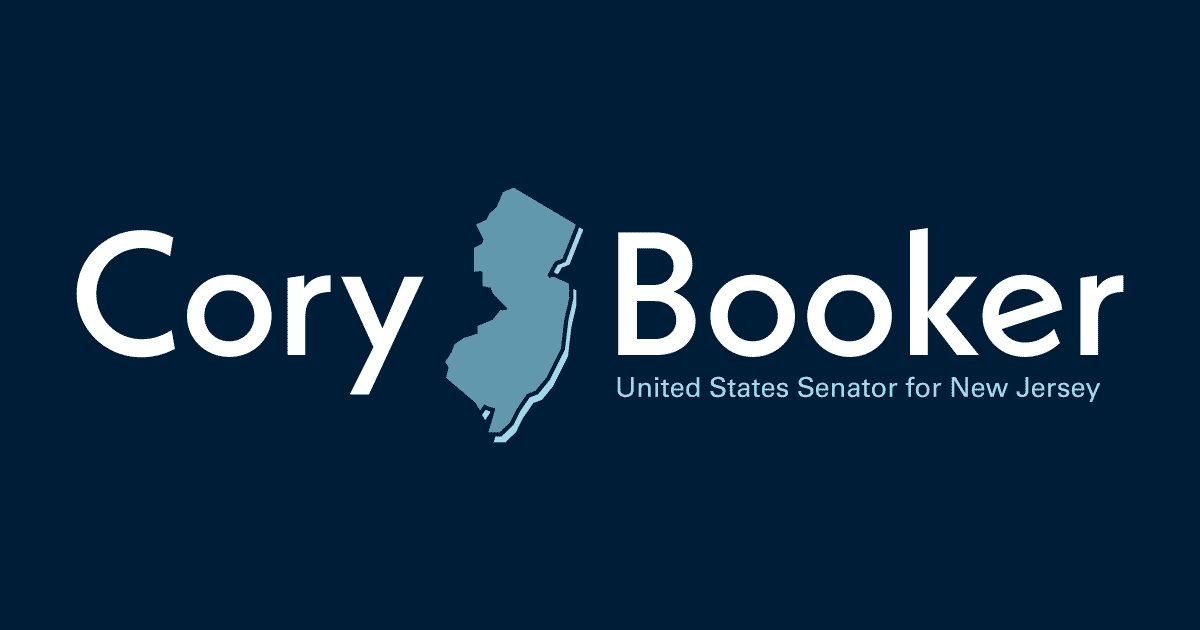Source: United States Senator for New Jersey Cory Booker
WASHINGTON, D.C. – Today, U.S. Senators Cory Booker (D-N.J.) and Raphael Warnock (D-GA), both members of the Senate Agriculture Committee, along with U.S. Representative Steve Cohen (D-TN), introduced the bicameral Re-Entry Support Through Opportunities for Resources and Essentials (RESTORE) Act, legislation that would repeal the lifetime ban on individuals convicted of a drug felony from accessing the Supplemental Nutrition Assistance Program (SNAP).
The federal SNAP ban, enacted in 1996 as part of the ‘war on drugs,’ is a failed policy that has only increased barriers to reentry for people who have served their time and are returning to their communities. Hunger and poverty are significant challenges for formerly incarcerated individuals that increase risk of recidivism. Restoring SNAP eligibility will reduce recidivism by ensuring that individuals who have already repaid their debt to society do not face food insecurity as an additional obstacle to reentry.
Further, those with prior drug convictions often have struggled with substance abuse disorders. Hunger and poverty disrupt the processes of treatment and make it more difficult to achieve remission from addiction. SNAP is an important safety net to address food insecurity and help individuals achieve long term recovery.
The RESTORE Act would repeal the SNAP ban on individuals with drug felonies, recognizing the important role that food security plays in successful reentry and in reducing recidivism.
“Denying individuals food assistance based on past drug convictions serves no public safety purpose and only perpetuates cycles of hunger, poverty, addiction, and recidivism,” said Senator Booker. “We know that when people receive SNAP assistance, they are better able to successfully reenter their communities after incarceration and not return to the criminal justice system. I am proud to join my colleagues in introducing the RESTORE Act, which would repeal this harmful SNAP ban and reduce recidivism.”
“There is no excuse for denying returning citizens basic food security,” said Senator Reverend Warnock. “These Americans have paid their debt to society, so we should be helping them get back on the right track, not putting obstacles in their path. I’m proud to partner with my friends Senator Cory Booker and Representative Cohen on this crucial legislation.”
“Thousands of people released from state and federal prisons each year re-enter society and find significant challenges, including lifetime bans on receiving food assistance,” said Representative Cohen. “The RESTORE Act would repeal the 1996 ban on people with drug felony convictions receiving SNAP, and it would allow them to apply for the program before their release so that they can meet their basic needs on day one, reducing the likelihood of recidivism and increasing the quality of life for people hoping to reintegrate into their communities. I am pleased to be working with Senators Booker and Warnock on this needed reform.”
“Many people face poverty and food insecurity following release from incarceration. By denying help with food, the lifetime SNAP ban is counterproductive to successful reentry and efforts to reduce recidivism. It also disproportionately harms women and people of color, who are statistically more likely to be convicted of a felony drug violation,” said Grant Smith, Deputy Director of Federal Affairs at the Drug Policy Alliance. “Congress has worked in recent years on a bipartisan basis to repeal counterproductive lifetime consequences of a conviction, such as this, that undermine successful reentry. We urge Congress to once again take action to repeal the lifetime SNAP drug felony ban by including the RESTORE Act in this year’s Farm Bill.”
The bill is cosponsored by U.S. Senators Alex Padilla (D-CA), John Fetterman (D-PA), Bernie Sanders (I-VT), Elizabeth Warren (D-MA), and Tina Smith (D-MN).
Over 150 organizations have endorsed the RESTORE Act, including the National Association of Criminal Defense Lawyers, The Leadership Conference on Civil and Human Rights, the Alliance To End Hunger, and the American Public Health Association.
The full text of the bill can be found here.
